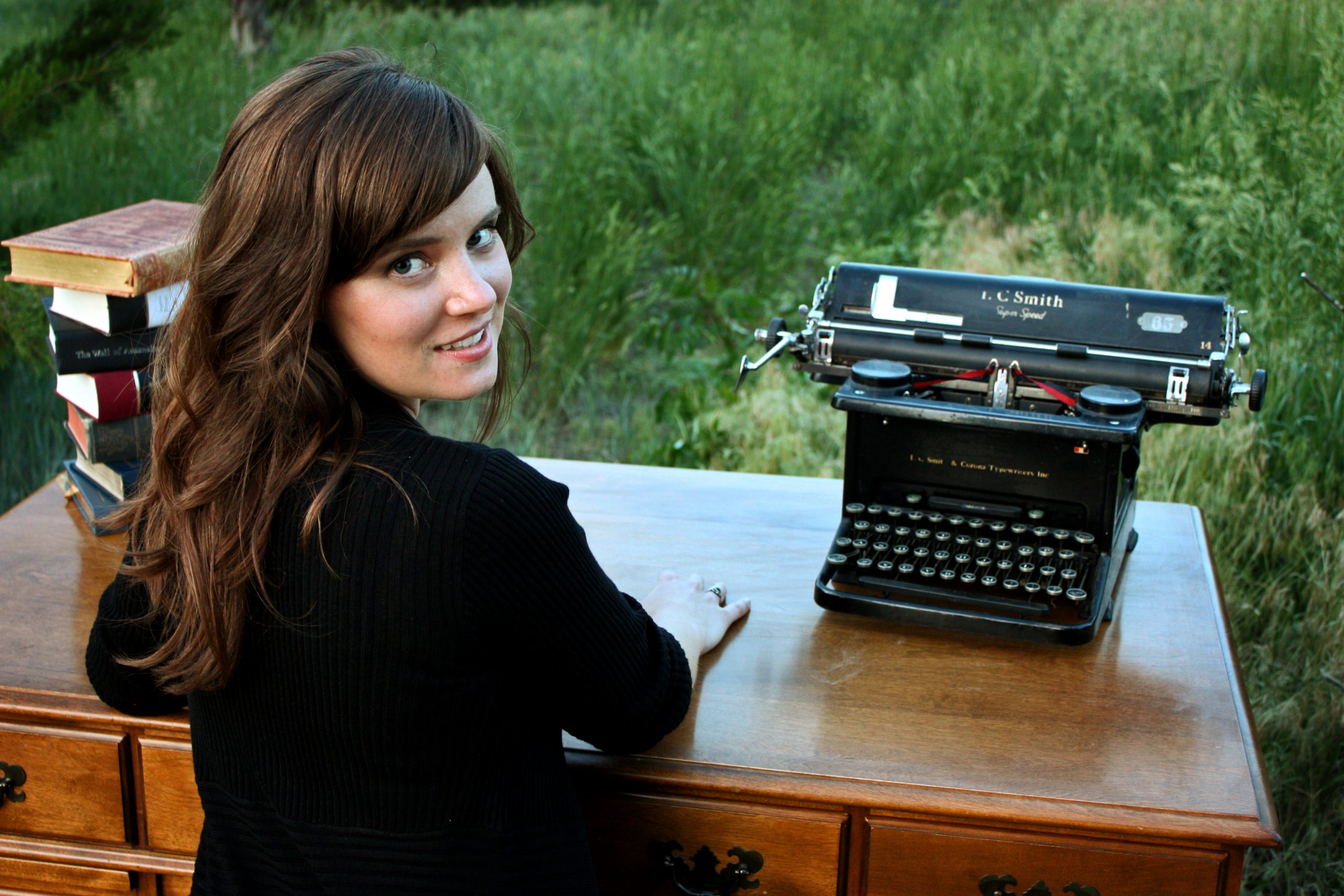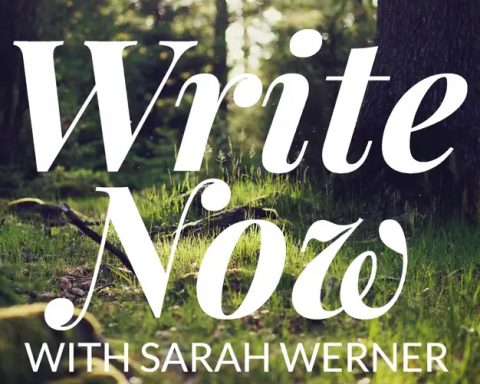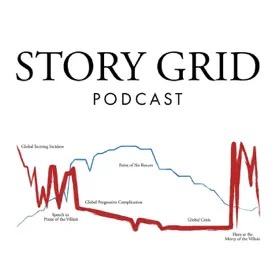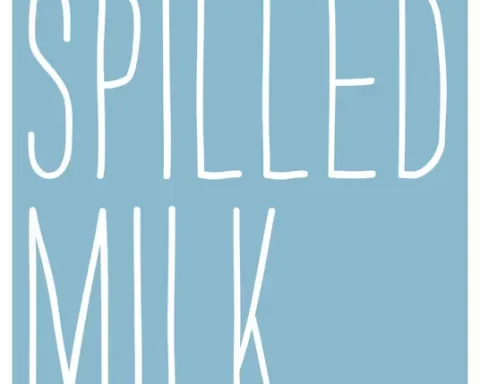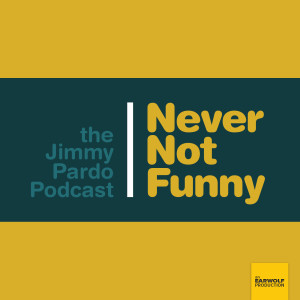A lifelong prolific reader, K.M. “Katie” Weiland remembers sitting in a treehouse during a family reunion, making up a story about something bad happening—she doesn’t recall if it involved aliens or monsters—and positioning herself as the superhero who saved everyone.
That moment is one of her first memories, long before she started writing.
“I called them my ‘movies,’ and I would play my favorites over in my head before falling asleep at night,” she says about the stories she created. “When I was around 12, I decided I would write down one of my favorite stories just to make sure I never forgot it… and I loved the act of writing as much as I did the act of storytelling.”
Many years later, Weiland has established herself as a published author of fantasy and historical fiction, a teacher of story theory and mechanics, and the creator of the Helping Writers Become Authors website, which garners 3,000,000 views a year. She is also the host of the podcast by the same name, currently tallying 5,000,000 lifetime downloads.
“I never intended to be a writer,” the western Nebraska native says. “I thought I’d grow up to work with horses, maybe as a vet or trainer. But as soon as I started writing, I was hooked… I published my first novel after high school and never looked back.”
Also passionate about personal wellness, personal theory, history, and BBC miniseries, Weiland says writing is her primary focus. “When I’m not writing, I’m writing about writing or reading about writing.”
Weiland’s favorite part of writing is the conception—or “dreamzoning” stage, as she calls it. “I love the part of the process when the ideas are fresh and just so perfect, because they exist only in your head and your heart,” she explains, adding that she often lives with a story idea for years before she feels it has enough dimension to start recording. 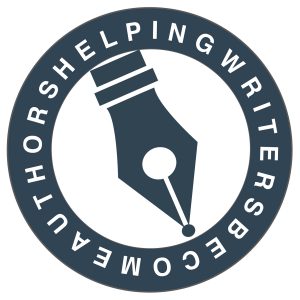
“I compare ideas to butterflies—you have to be careful not to grab them too tightly, at the risk of destroying or damaging them.”
In practice, she enjoys the process of outlining her stories, which she explains as an in-depth method of brainstorming “out loud” on the page, refining ideas until she feels ready to write a scene list.
“I love this part of the process for its raw creativity, but also because there is so much less pressure than later on when you’re writing the first draft,” she says. “My outlines are so comprehensive; they really are like first drafts, but there is no polished prose or need to get descriptions or dialogue right. There’s just the fun of playing on the page until everything comes together.”
While the website Helping Writers Become Authors was launched as a marketing platform for her fiction, Weiland says it quickly became its own product, so she started looking for ways to increase its reach. That led her to podcasting.
“I had the energy and ambition to try just about anything back then,” she says, explaining that the format she started with—recording her weekly blog posts into 15- to 20-minute audio versions—is the same as today. “It’s not everyone’s jam, but a lot of people appreciate the fast, focused, and accessible nature of it. It’s a good feature for people who are busy or would rather just listen than read.”
A self-taught writer who has learned from experts like Larry Brooks, John Truby, Syd Field, Robert McKee, and Elizabeth George, Weiland says she has learned the most from reading “great tellers of stories,” like Jane Austen, Charles Dickens, William Faulkner, Ernest Hemingway, and other classic authors.
“A good teacher of writing will give you the tools to analyze how a story works, but only good stories themselves can teach you what makes a story work for you,” she explains. “Helping other writers ultimately helps me be a better author.”
Weiland’s writing career started in 2006 when she published her first novel, evolved into the website in 2007 and podcast in 2009, and then thrived once she published her first writing craft book in 2011. After 16 years, she says she looks to beauty, truth, and love to keep her inspired. “They make me want to keep writing, because those are the stories I want to tell.”
With her podcast—which she describes as being for anyone who wants to level up from writer to author, anyone interested in the nuts and bolts of the craft, or those who get “nerdy” over the recognition of patterns and theories—Weiland has built a loyal audience for her writing.
“There’s something for just about anyone of any experience level,” she says, adding for budding podcasters, “Find a subject and format you can be consistent with. When I started, I never really thought about the fact that someday I would be approaching 600 episodes. I could never have gotten there if I wasn’t doing something that worked for me on a week-in-week-out basis.”
Overall, Weiland is living her best life.
“I love that I get to wake up every day and do something that matters to other people and makes a difference to the world,” she says. “Stories are so important. They are so powerful. The more people who learn to tell honest stories powerfully and powerful stories honestly, the better off we all are.”
September 2022 Issue


